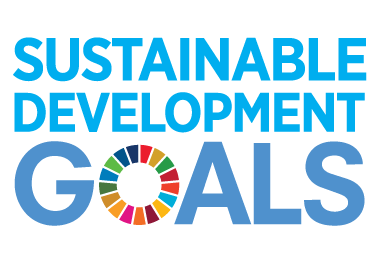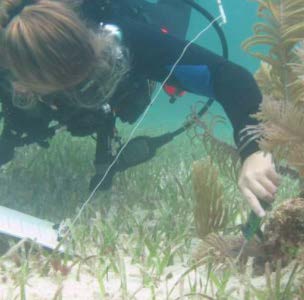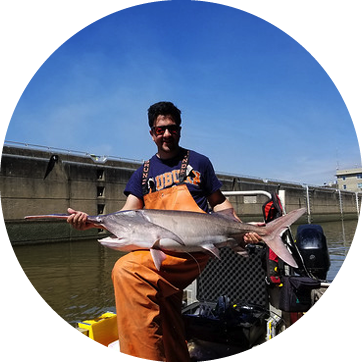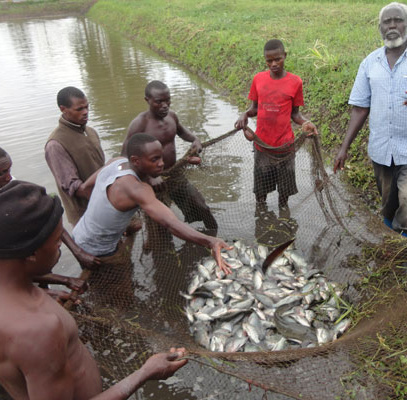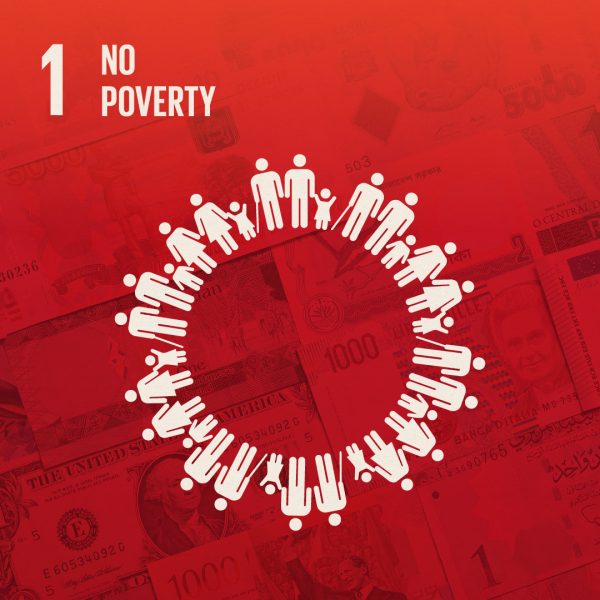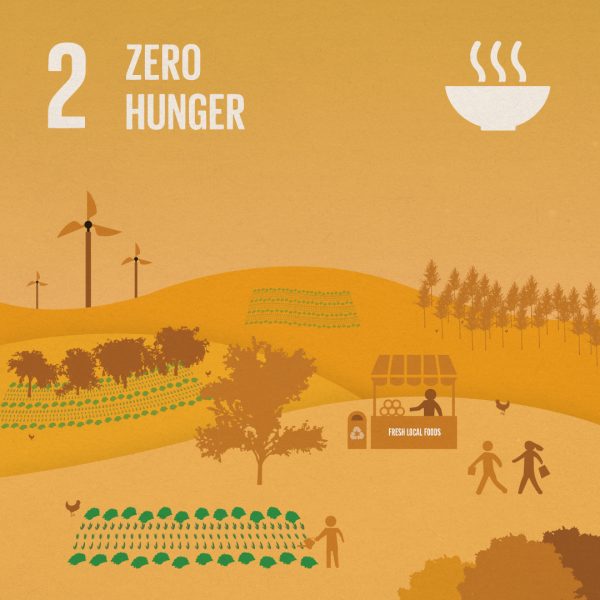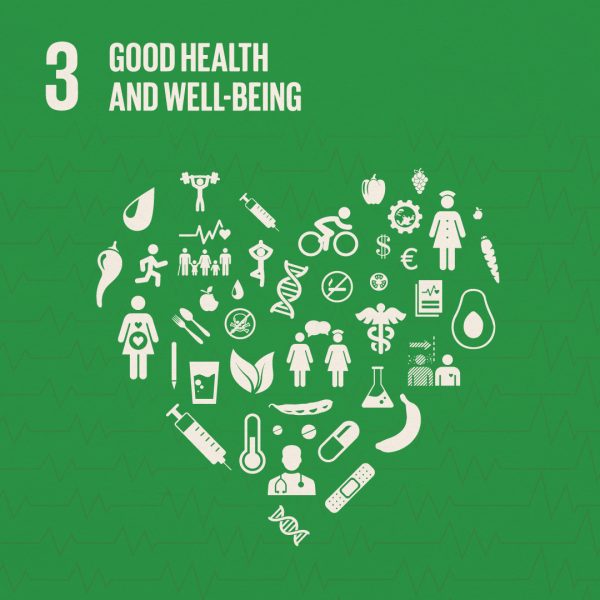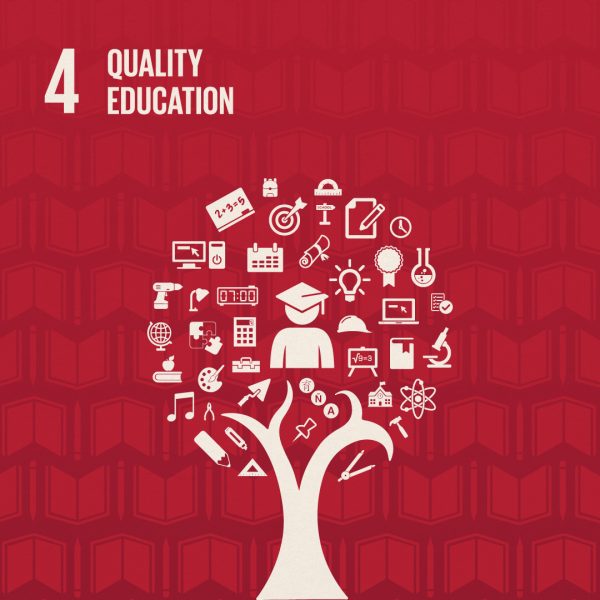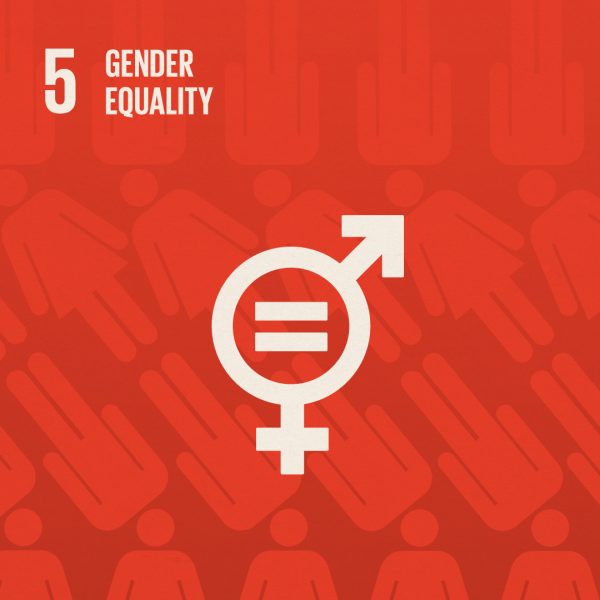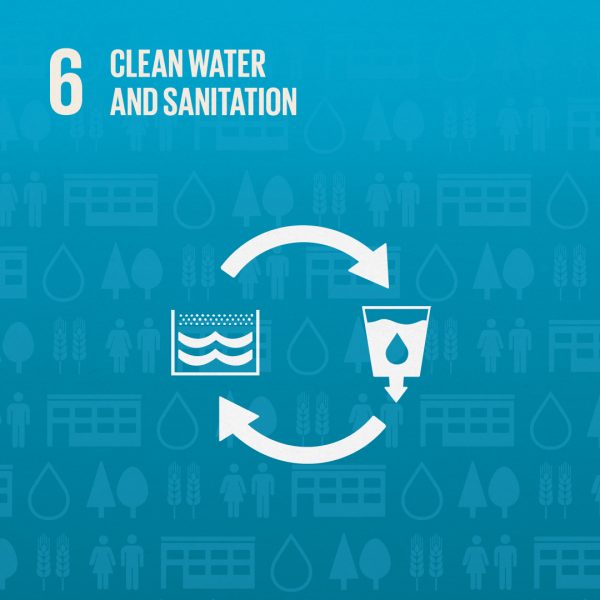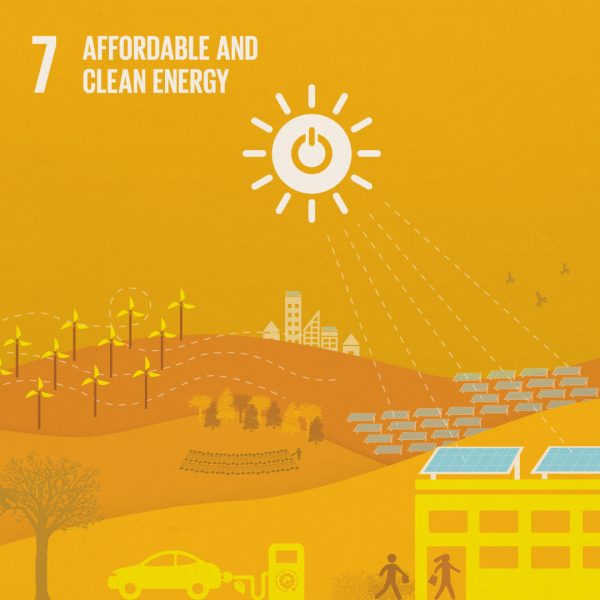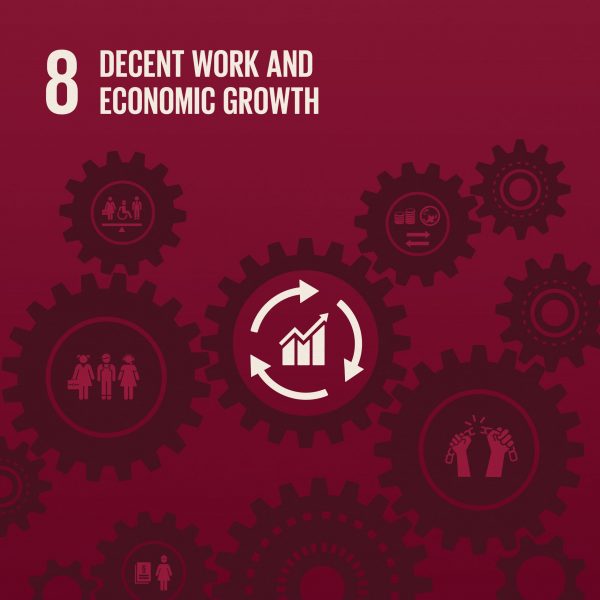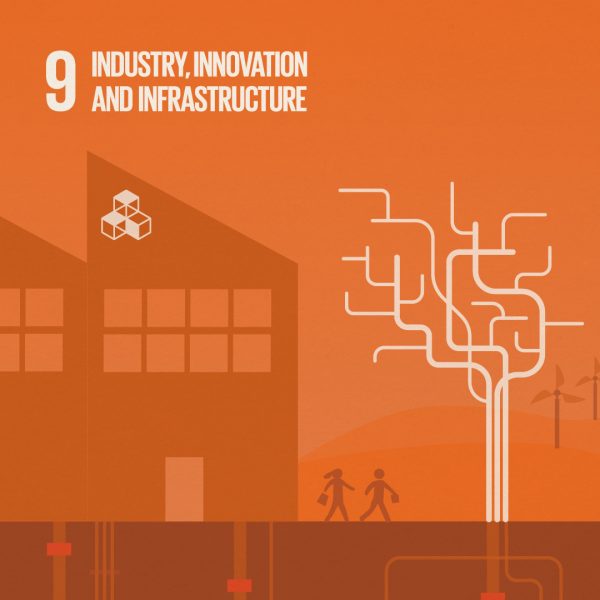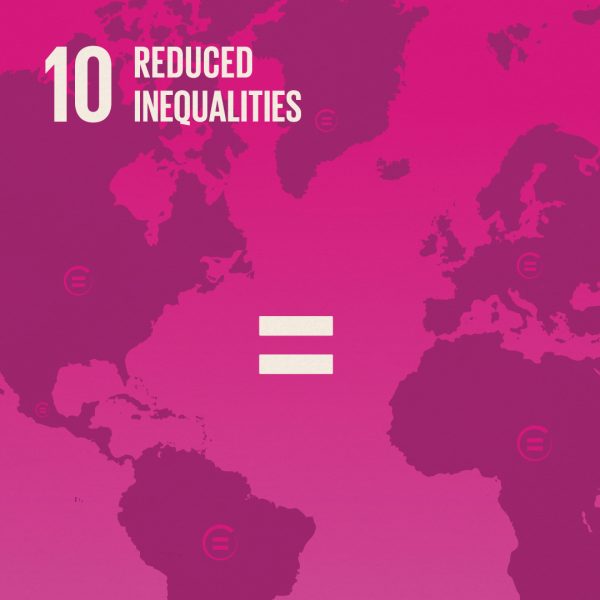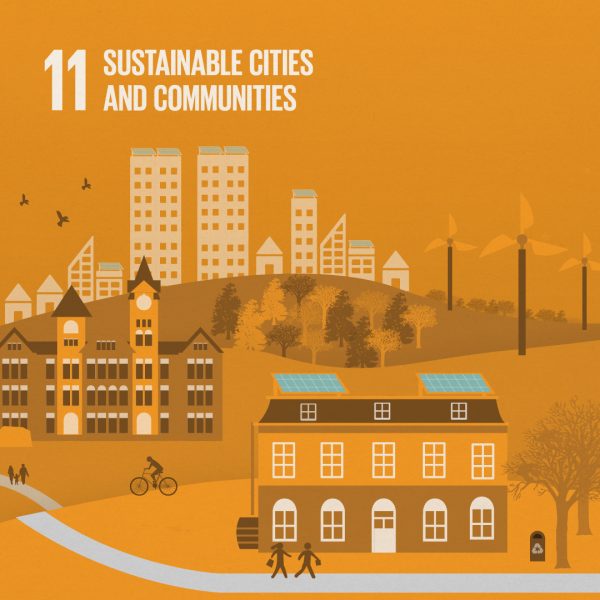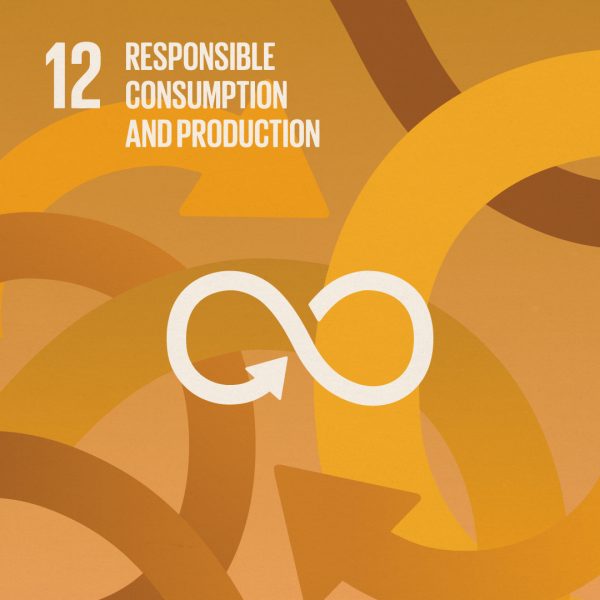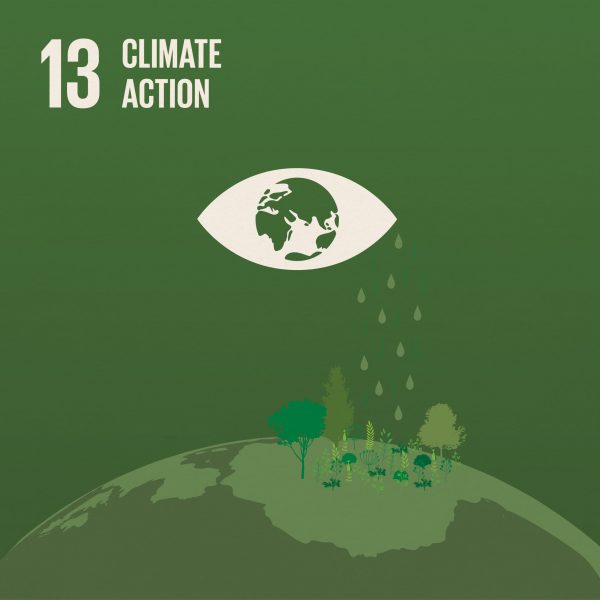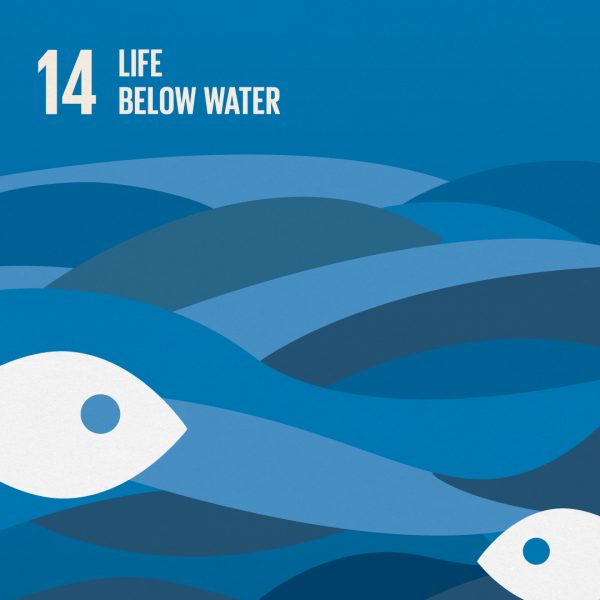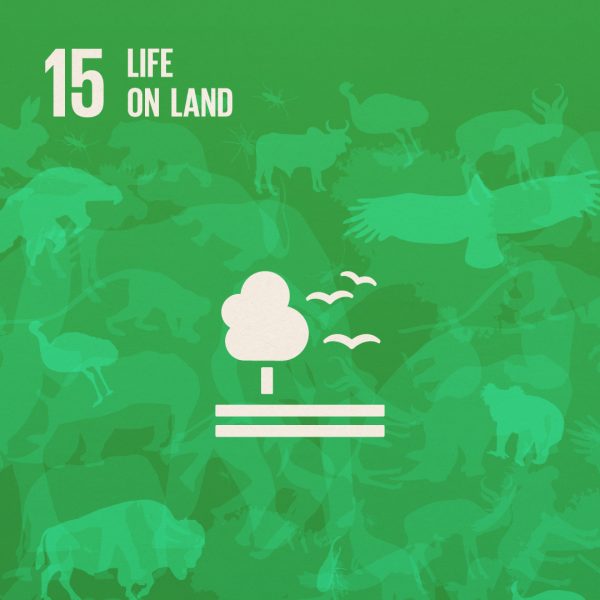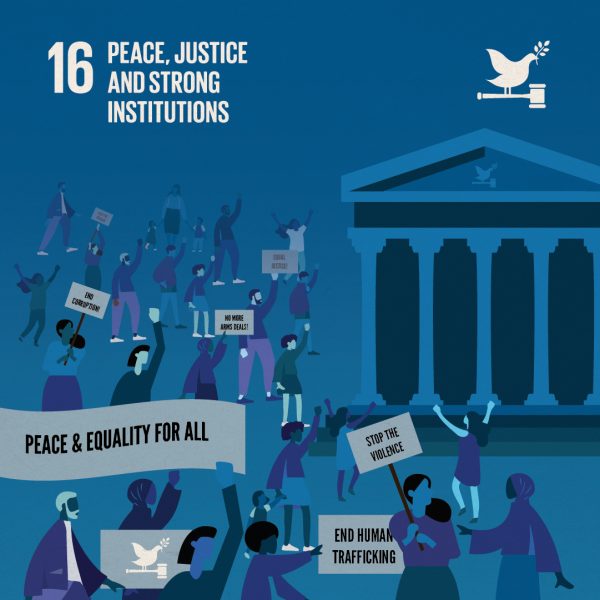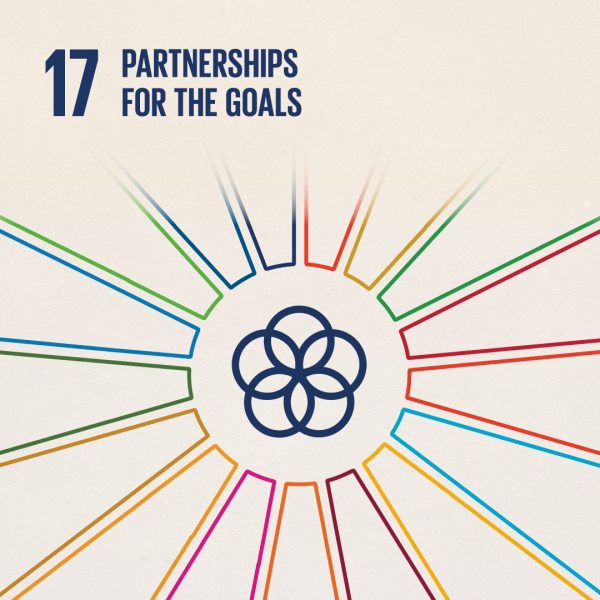By Savanna Wooten In many ways Earth Day celebrations invite us to think of green: tree plantings, the advent of spring, conversations about renewable energy, convening at green spaces. And they should. Green – shown to benefit us mentally and physically – is, generally, good for us. But… is it…
by Becki Retzlaff Every Earth Day I am reminded of two things. The first is when I was a teenager, and my friends and I volunteered to plant trees at a park near my home in Michigan. We labored all day to carefully plant little pine tree seedlings in long…
By Sam Bickley. The marshes that hug the banks of Alabama’s bays and bayous are smaller than some of their Louisiana or Georgia cousins but are no less beautiful. When the sun is setting over the black needlerush, the dominant marsh plant in our neck of the woods, and you…
By Molly Kilpatrick. What do crayfish and global water quality have to do with each other? As it turns out, a lot. In 2015, 193 countries adopted the 2030 Agenda for Sustainable Development. This agenda provides a framework for peace and prosperity for people and the planet, from now and…
By Kelly Dunning. Coral reefs are the most colorful, lively, beautiful locations of life below the water, and yet they are the most threatened. Human burning of fossil fuel for heat, energy, and industry has led to a warming ocean, and with it, corals that turn a bright white color…

